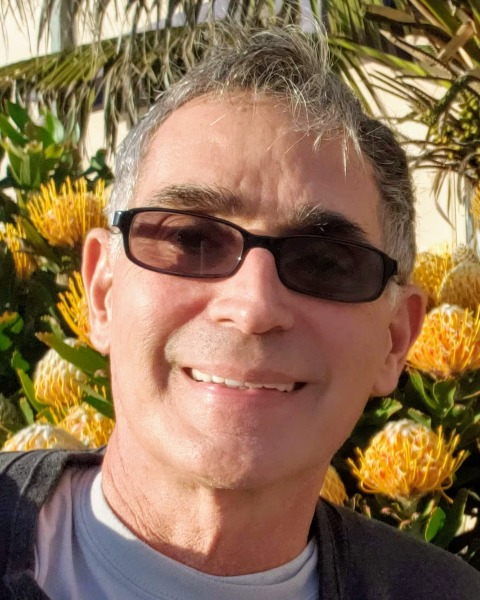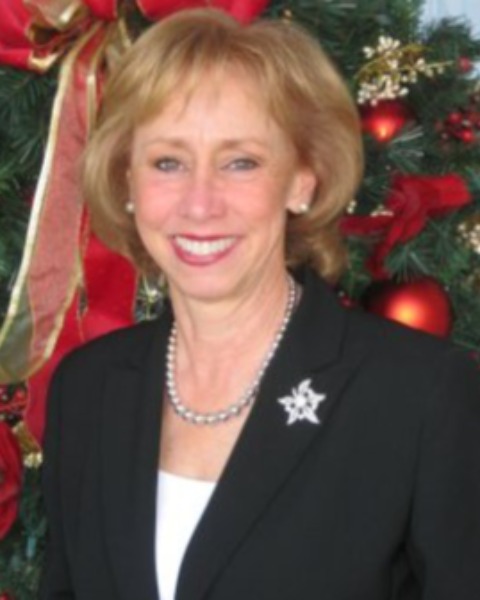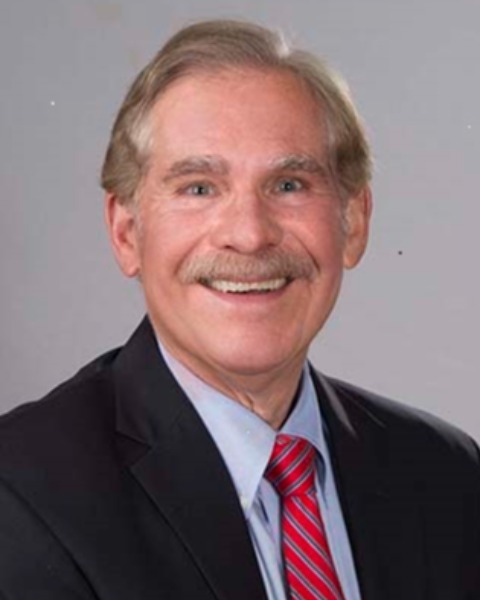Medical Aid in Dying (MAID): Medical, Ethical, and Legal Implications
1.50 CME / 1.50 CMD Management / 1.50 MOC
There is growing acceptance in the medical community for medical aid in dying (MAID), according to multiple surveys. The issue of MAID is controversial and at times places physicians on the horns of a dilemma, especially given the Hippocratic Oath. This session will explore the medical, psychological and legal implications of MAID with a focus on various state laws, case reviews and suggestions for how practitioners can navigate their way through the maze of medical, ethical and legal issues, regardless of their position on MAID. This session does not advocate for or against MAID, but is educational in nature. Related topics including voluntary stopping of eating and drinking (VSED), stopping eating and drinking by advance directive (SED by AD), and euthanasia will also be discussed.
Learning Objectives:
- Recognize whether the law in their respective states contains an End-of-Option Act such that medical aid in dying (MAID) is legally permitted (currently allowed in 11 jurisdictions) as well understanding the federal restrictions on MAID.
- Define the ethical, medical, psychological and legal implications involving end-of-life decisions and appreciate how they impact you, your patients, your coworkers, and your practice.
- Identify how to navigate the maze of regulatory, ethical and legal issues surrounding end-of-life care while respecting patient/resident autonomy.
- Explore actual cases where physicians have been involved in end-of-life care, especially medical aid in dying, and learn how best to avoid any potential liability.
Presenters:
 Karl Steinberg, MD, CMD, HMDC, HEC-C, is chief medical officer for Mariner Health Care and Beecan Health, and medical director for two skilled nursing facilities (Life Care Center of Vista and Carlsbad by the Sea Care Center), for Hospice by the Sea, and for Scripps Seaport Home Health in the San Diego area. He is the president of AMDA, editor-in-chief emeritus of Caring for the Ages, and an Associate Editor of JAMDA. Dr. Steinberg has served as a nursing home and hospice medical director, attending physician and educator in San Diego for over 25 years and has served on AMDA's Board of Directors, multiple committees, and a variety of Clinical Practice Guidelines and other Society publications and products. He is an AMDA delegate to the AMA House of Delegates.
Karl Steinberg, MD, CMD, HMDC, HEC-C, is chief medical officer for Mariner Health Care and Beecan Health, and medical director for two skilled nursing facilities (Life Care Center of Vista and Carlsbad by the Sea Care Center), for Hospice by the Sea, and for Scripps Seaport Home Health in the San Diego area. He is the president of AMDA, editor-in-chief emeritus of Caring for the Ages, and an Associate Editor of JAMDA. Dr. Steinberg has served as a nursing home and hospice medical director, attending physician and educator in San Diego for over 25 years and has served on AMDA's Board of Directors, multiple committees, and a variety of Clinical Practice Guidelines and other Society publications and products. He is an AMDA delegate to the AMA House of Delegates.
 Patricia Bach, PsyD, RN, is a clinical psychologist who specializes in behavioral medicine, geriatrics, and neuropsychology. She is a graduate of Georgetown University, the California State University at Sacramento, and the California School of Professional Psychology, with internship and fellowship training at Eastern Virginia Medical School and the Kaiser Center for Neuropsychological Services, respectively. Dr. Bach is an adjunct Assistant Professor in the Department of Family & Community Medicine at Eastern Virginia Medical School and serves on AMDA’s Behavioral Health Advisory Council.
Patricia Bach, PsyD, RN, is a clinical psychologist who specializes in behavioral medicine, geriatrics, and neuropsychology. She is a graduate of Georgetown University, the California State University at Sacramento, and the California School of Professional Psychology, with internship and fellowship training at Eastern Virginia Medical School and the Kaiser Center for Neuropsychological Services, respectively. Dr. Bach is an adjunct Assistant Professor in the Department of Family & Community Medicine at Eastern Virginia Medical School and serves on AMDA’s Behavioral Health Advisory Council.
 Alan Horowitz, Esq., RN, is of counsel in the Healthcare practice and a member of the Post-Acute & Long-Term Care team at Arnall Golden Gregory LLP.. He is an innovative healthcare lawyer handling complex regulatory issues concerning Medicare providers such as skilled nursing facilities. Alan serves as vice chair of education for AHLA's Post-Acute and Long-Term Care practice group. Alan also held clinical, faculty and management positions at major medical centers where he utilized his background as a registered respiratory therapist and registered nurse. Alan served as Assistant Regional Counsel at the United States Department of Health and Human Services’ Office of the General Counsel. He worked closely with and litigated cases for the Centers for Medicare and Medicaid Services (CMS) before the HHS Departmental Appeal Board and the federal courts involving enforcement actions taken by CMS. Currently, as counsel to providers, Alan has successfully negotiated and litigated significant cases against CMS. Alan was the Acting Director of ECRI Institute’s National Center for Independent Medical Review and also served as the Director of Clinical and Legal Affairs for the Institute for Safe Medication Practices. Alan also served as in-house counsel and program director for the pilot SNF-based ventilator-dependent program in New Jersey. Alan has co-authored and co-edited the AHLA publication, Post-Acute Care Handbook: Regulatory, Risk and Compliance Issues as well as having written dozens of articles regarding various aspects of health law. Additionally, Alan has been a frequent presenter at national and state forums on topics regarding health law.
Alan Horowitz, Esq., RN, is of counsel in the Healthcare practice and a member of the Post-Acute & Long-Term Care team at Arnall Golden Gregory LLP.. He is an innovative healthcare lawyer handling complex regulatory issues concerning Medicare providers such as skilled nursing facilities. Alan serves as vice chair of education for AHLA's Post-Acute and Long-Term Care practice group. Alan also held clinical, faculty and management positions at major medical centers where he utilized his background as a registered respiratory therapist and registered nurse. Alan served as Assistant Regional Counsel at the United States Department of Health and Human Services’ Office of the General Counsel. He worked closely with and litigated cases for the Centers for Medicare and Medicaid Services (CMS) before the HHS Departmental Appeal Board and the federal courts involving enforcement actions taken by CMS. Currently, as counsel to providers, Alan has successfully negotiated and litigated significant cases against CMS. Alan was the Acting Director of ECRI Institute’s National Center for Independent Medical Review and also served as the Director of Clinical and Legal Affairs for the Institute for Safe Medication Practices. Alan also served as in-house counsel and program director for the pilot SNF-based ventilator-dependent program in New Jersey. Alan has co-authored and co-edited the AHLA publication, Post-Acute Care Handbook: Regulatory, Risk and Compliance Issues as well as having written dozens of articles regarding various aspects of health law. Additionally, Alan has been a frequent presenter at national and state forums on topics regarding health law.
Credit Information:
Activity Created 3/2023
Credits Available Until 3/2026
- 1.5 CME
- 1.5 CMD Management
- 1.5 MOC
Credit Statements:
CME: AMDA – The Society for Post-Acute and Long-Term Care Medicine designates this enduring material for a maximum of 1.5 AMA PRA Category 1 Credit(s)TM. Physicians should only claim credit commensurate with the extent of their participation in the activity.
AMDA – The Society for Post-Acute and Long-Term Care Medicine for Post-Acute and Long-Term Care Medicine is accredited by the Accreditation Council for Continuing Medical Education (ACCME) to provide continuing medical education for physicians.
CMD: This self-study activity has been pre-approved by the American Board of Post-Acute and Long-Term Care Medicine (ABPLM) for a total of 1.5 management hour(s) toward certification or recertification as a Certified Medical Director (CMD) in post-acute and long-term care medicine. The CMD program is administered by the ABPLM. Each physician should claim only those hours of credit actually spent on the activity.
ABIM Maintenance of Certification (MOC): Successful completion of this CME activity, which includes participation in the evaluation component, enables the participant to earn up to 1.5 Medical Knowledge MOC points and patient safety credit in the American Board of Internal Medicine’s (ABIM) Maintenance of Certification (MOC) program.
Participants will earn MOC points equivalent to the amount of CME credits claimed for the activity. It is the CME activity provider’s responsibility to submit participant completion information to ACCME for the purpose of granting ABIM MOC credit.
Visit the Continuing Education page for information on if and how you can claim credit/hours for AMDA’s education.
Disclosure Information:
The Society requires the disclosure of all speaker/faculty/planner’s relevant financial relationships; presence of off-label use of a device or medication; and discussion of any experimental, new or evolving topic prior to each accredited education activity.
If the learner perceives any bias toward a commercial product or service, advocation of unscientific approaches to diagnosis or therapy, or recommendation, treatment, or manners of practicing healthcare that are determined to have risks or dangers that outweigh the benefits or are known to be ineffective in the treatment of patients please report this to the Society’s staff.
- Julie Gammack, MD, CMD (Planner & Speaker): Stockholder: Amarin
- Kenya Rivas Velasquez, MD, CMD, FAAFP (Planner & Speaker): OptumRx: Stockholder
- All other planners, speakers, and AMDA staff have no relationships with ineligible companies.
All relevant financial relationships have been identified and mitigated.